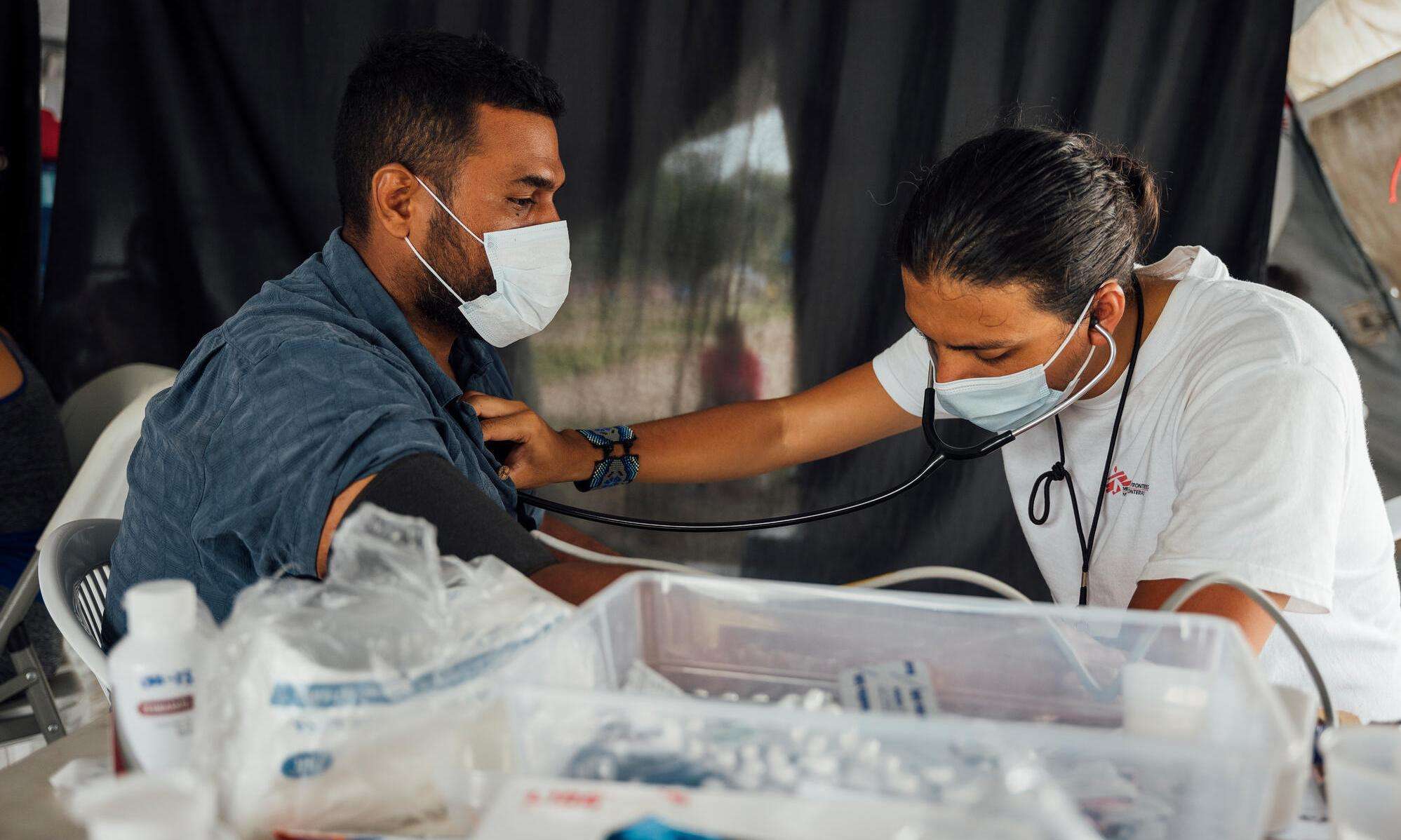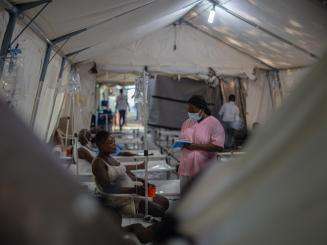Some emergencies always make headlines, and 2022 was a year marked by high-profile crises. From caring for people living through the war in Ukraine to responding to a rare outbreak of Ebola in Uganda to helping migrants and asylum seekers stranded at the southern US border, teams from Doctors Without Borders/Médecins Sans Frontières (MSF) were on the ground tackling emergencies that dominated global news.
But what about the crises that take place outside the spotlight? What does it mean to bear witness when it feels like the world is too preoccupied to care? Below, we highlight some of the world’s underreported humanitarian emergencies, and the work MSF is doing to respond to them.
Haiti: Cascading Crisis
Compounding emergencies are fueling an escalating humanitarian crisis in Haiti. Years of political and economic instability, widespread violence, and, since the beginning October, the resurgence of cholera, all threaten the health and safety of Haitian people. Access to even the most basic services is essentially nonexistent. A lack of fuel has forced two thirds of the country’s health structures to reduce activity or close altogether, while patients and health personnel struggle to reach the facilities that are still functional.
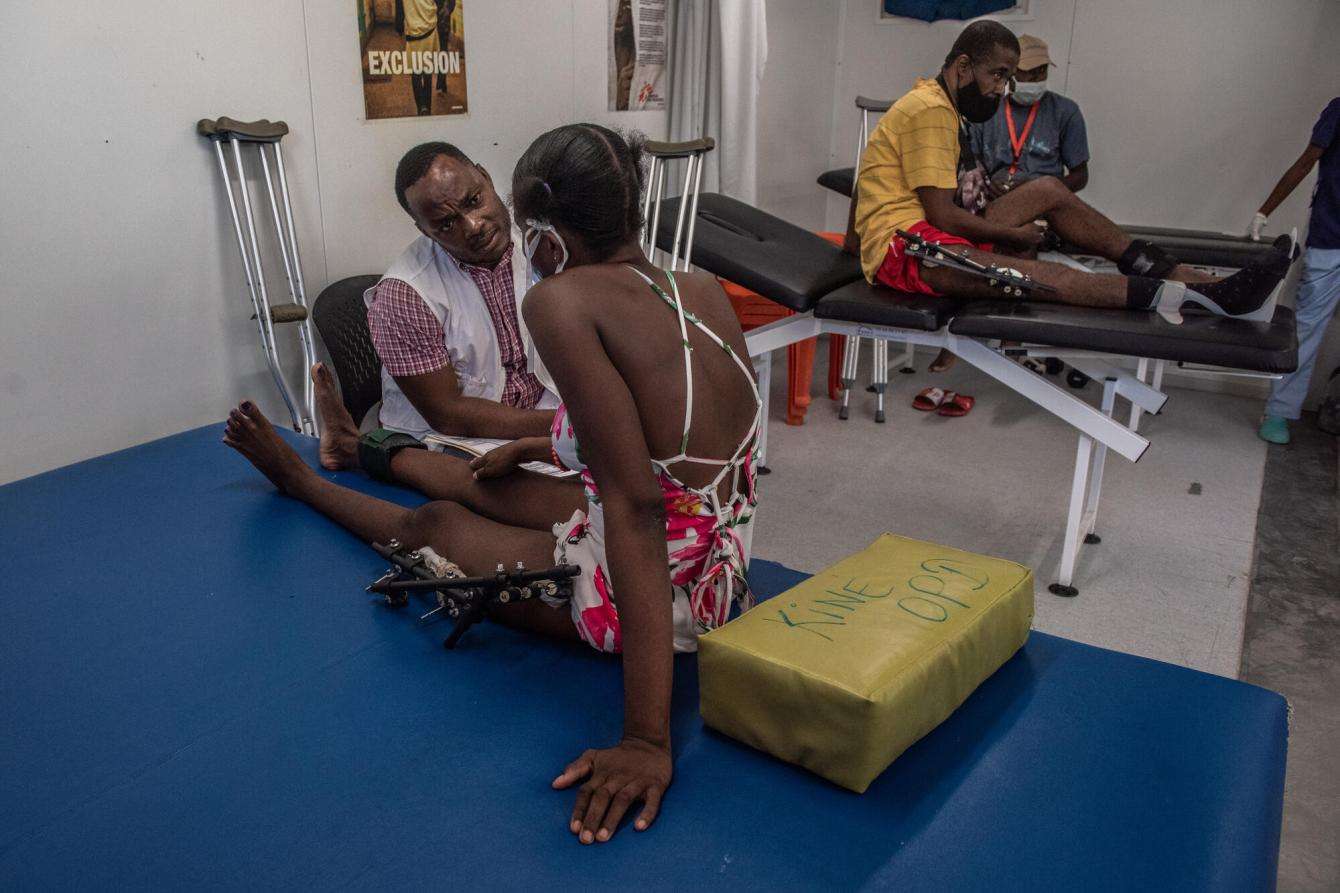
In Port-au-Prince, MSF teams manage more than 60 percent of the city’s bed capacity to treat cholera patients. Water and sanitation specialists and health promoters are working to educate people on how to prevent spread of the disease. MSF teams have also organized chlorination at approximately 100 water points and installed eight oral rehydration points where basic commodities and clean water are distributed. MSF stands ready to begin implementing a cholera vaccination campaign in support of the health authorities.
Afghanistan: Maintaining a lifeline
After 20 years of war, Afghans now face economic collapse, food insecurity, and high rates of malnutrition. Against this backdrop, MSF teams continue to provide essential health care across the country. We opened a newly constructed trauma center in Kunduz. Our maternity hospital in Khost expanded its admission criteria to accept all pregnant women. This year, our teams began treating severely malnourished children in Kabul.
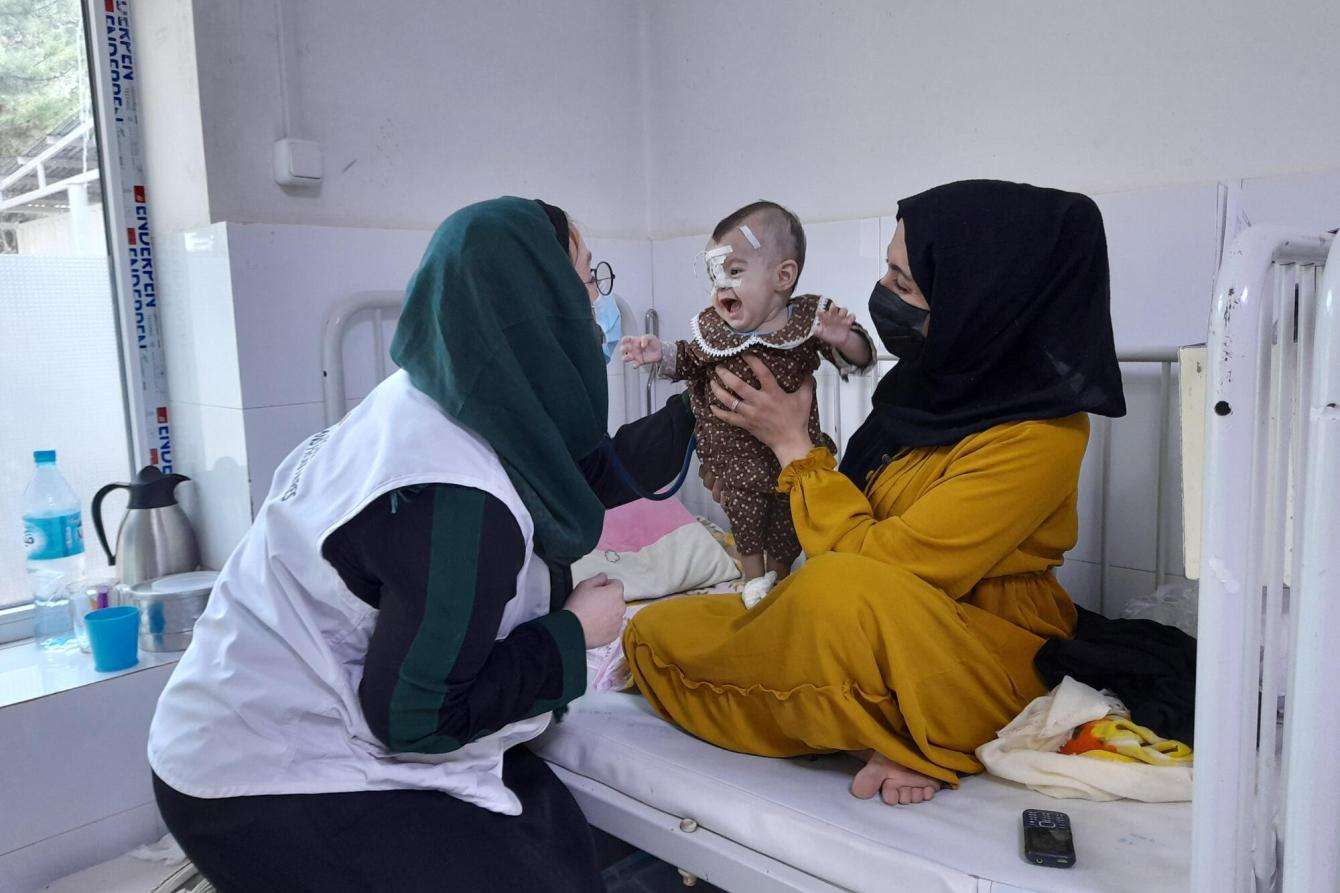
In June, we swiftly mobilized an emergency response team to help people affected by an earthquake that shook Khost and Paktika provinces. MSF now works in six provinces across Afghanistan—including Helmand, Herat, and Kandahar—providing a range of health services, including pediatric, trauma, maternal, mental health, and drug-resistant tuberculosis care.
September 02 11:07 AM
Afghanistan: MSF concludes a five-week emergency earthquake response
Read More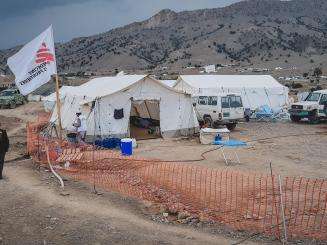
Somalia: Responding to Malnutrition and other emergencies
Somalia is in the grips of an unrelenting drought—the worst in 40 years. The country is now bracing for a fifth consecutive failed rainy season. Many people lost their livelihoods when their crops withered and farm animals died, leaving few options for people to earn money and feed their families. These outbreaks are spurring a vicious cycle, increasing the risk of malnutrition.
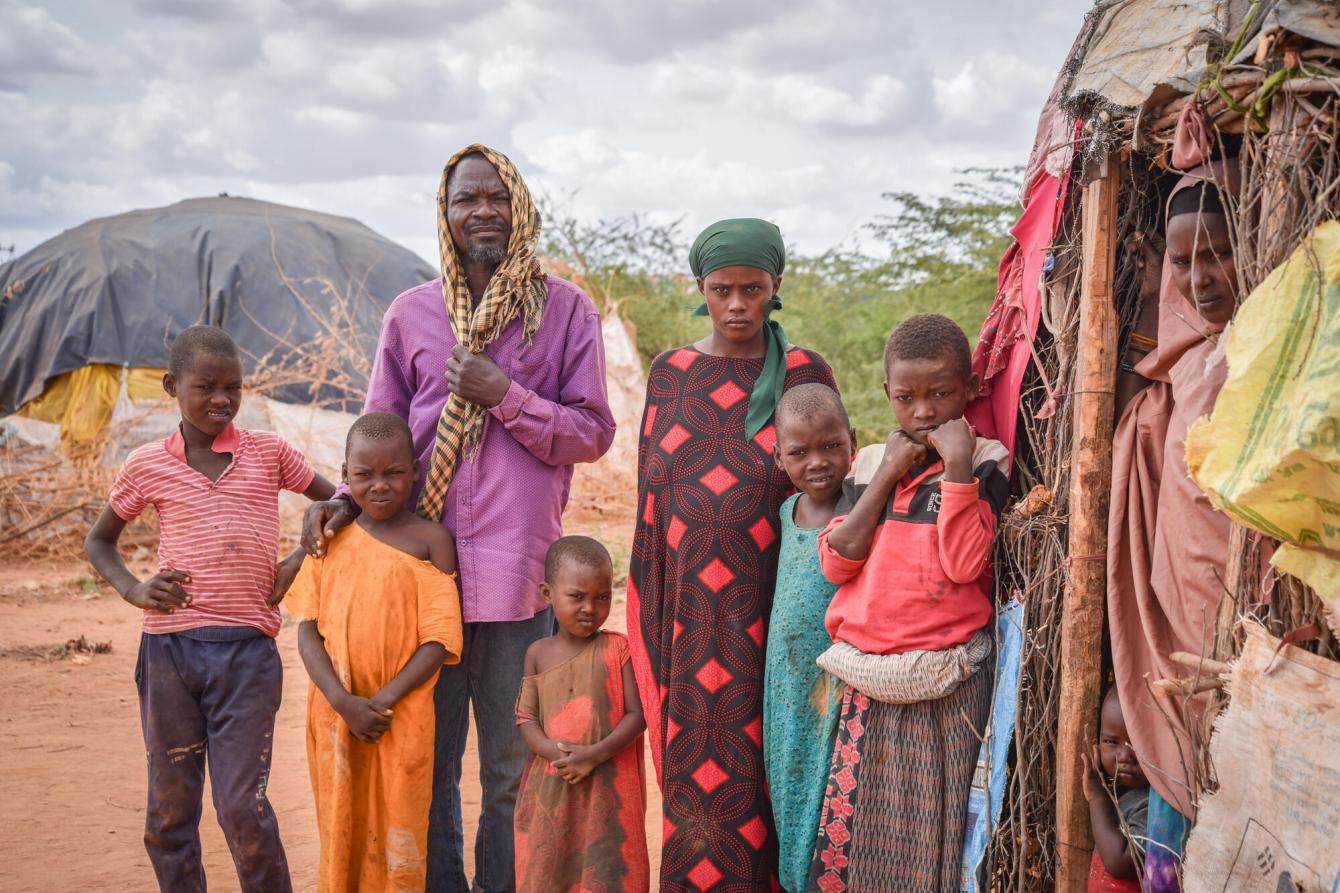
In Baidoa, where MSF runs 20 mobile nutrition clinics and has 32 nutrition monitoring sites, medical teams treated more than 12,000 malnourished children in the first eight months of this year. In August—just in one week—teams screened 955 children and admitted 761 to the nutrition program, most of them from newly displaced families. MSF teams continue to treat approximately 500 acutely malnourished children per week. Many of the children we see have cases made worse by other deadly infectious diseases such as measles.
October 12 03:08 PM
Five facts about the crisis in Somalia
Displacement, drought, malnutrition, and disease outbreaks are fueling a humanitarian emergency in Baidoa.
Read More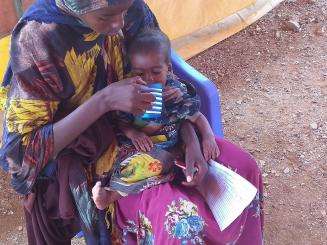
Nigeria: Surviving Conflict and Disease
In recent years, violence and insecurity have led to an increase in humanitarian needs in northern Nigeria. Thousands of people have been killed in fighting in the northeast and many more by malnutrition, measles, and malaria. MSF’s activities here include maternal and pediatric care, mental health support, treatment of malnutrition, support for survivors of sexual violence, and the provision of water and sanitation, non-food items, and shelter.
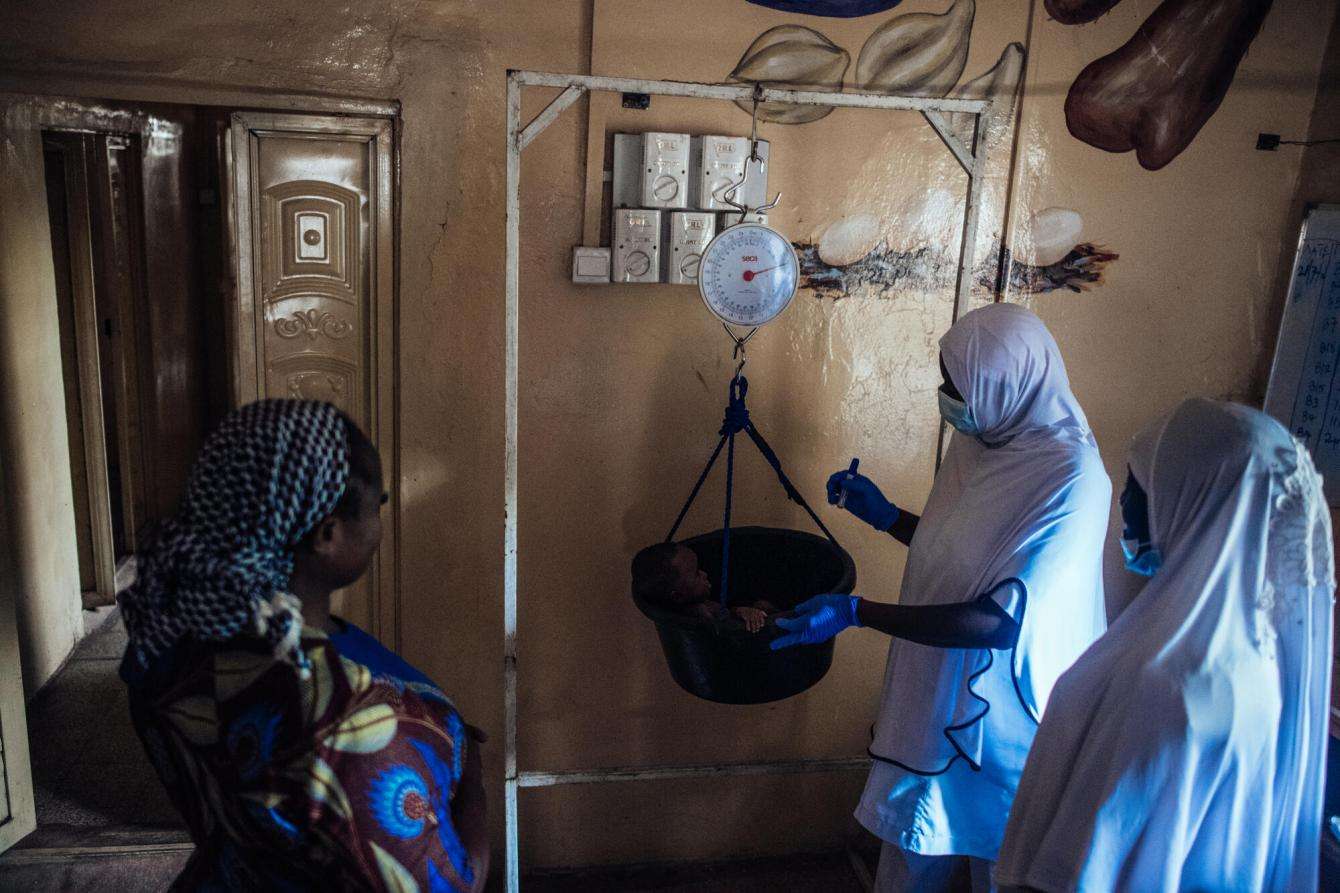
In collaboration with the Nigerian health authorities, we have treated close to 100,000 children for acute malnutrition in 34 outpatient facilities. We have also admitted 17,000 children requiring hospital care in 10 inpatient centers in Kano, Zamfara, Katsina, Sokoto, and Kebbi states. We’ve called on the humanitarian community to respond to the emergency needs here, and for northwest Nigeria to be included in the United Nations humanitarian response plan.
December 05 01:38 PM
Nigeria: Health and malnutrition crisis continues to unfold in northwest
Humanitarian actors must immediately step up response to prevent another devastating year for children in region.
Read More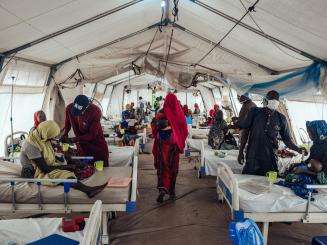
Colombia and Panama: A deadly crossing
While much media attention is focused on the US-Mexico border, less is known about the treacherous journey people endure to get there. In recent years, there has been a surge in migrants crossing from Colombia to Panama through the Darién Gap. The dangerous journey through the jungle can take up to 10 days, during which people on the move face horrific risks.
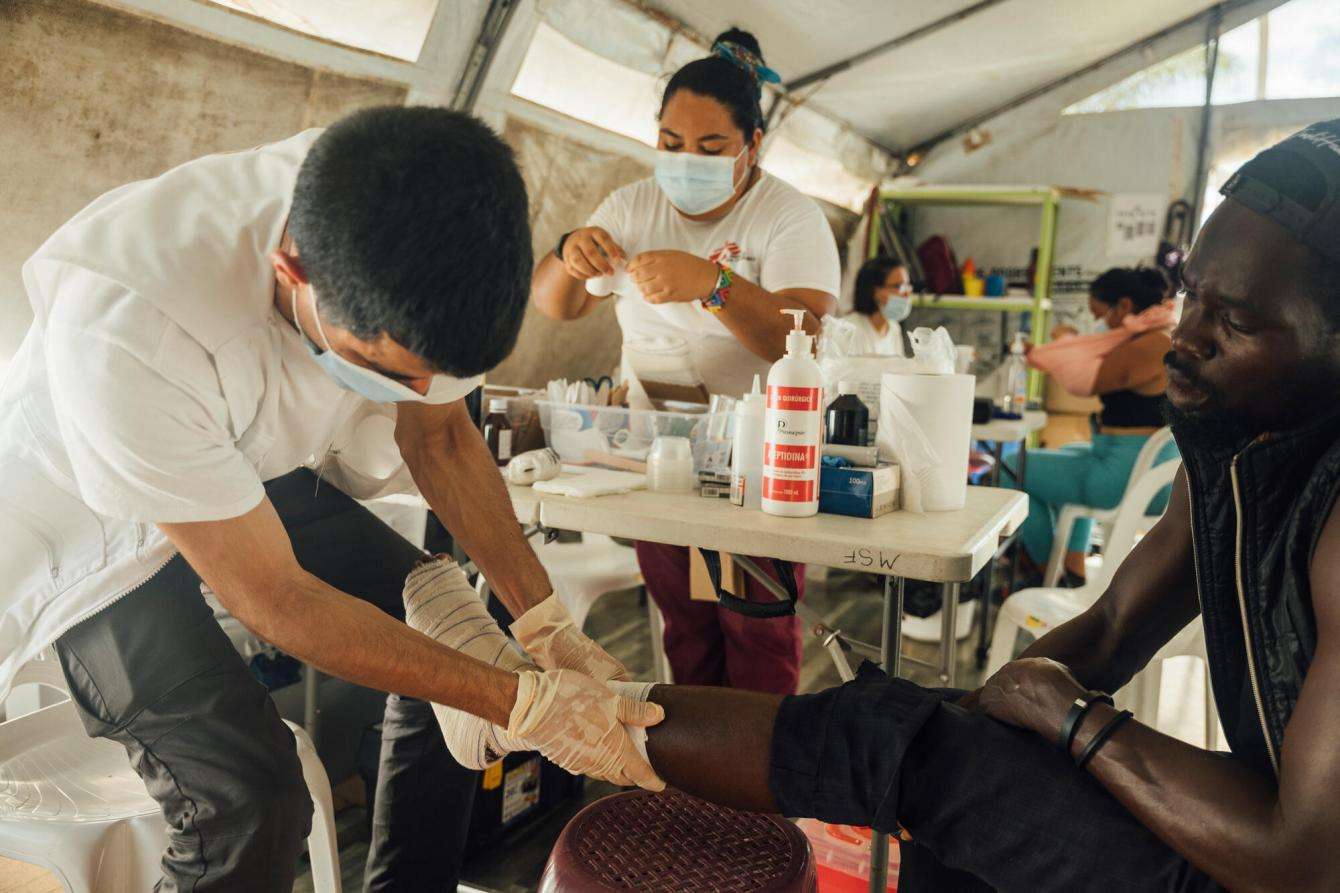
The major health issues MSF teams see include skin infections, lacerations, dehydration, and diarrhea. Children suffer from fever, diarrhea, and malnutrition. Many women report that they’ve been sexually assaulted on the route. In 2022, MSF treated more than 100 patients for sexual violence. Our teams also see an average of seven patients per day for mental health issues. MSF has called on Panamanian and Colombian authorities to create safe routes to protect people in transit.
June 17 02:10 PM
“We are tired and desperate”: Stories from families who survived the Darién Gap
In 2022, most migrants crossing the Darien Gap are Venezuelans—a shift from 2021, which saw a majority of Haitians risking the dangerous journey from Colombia to Panama.
Read More
South Sudan: An Emergency Worsened by Climate Crisis
Years of conflict in South Sudan have forced millions of people from their homes. Hundreds of thousands are unable to access necessities such as food, water, and health care. Catastrophic flooding and barriers to access for humanitarian organizations to deliver lifesaving aid has made the situation even more dire.
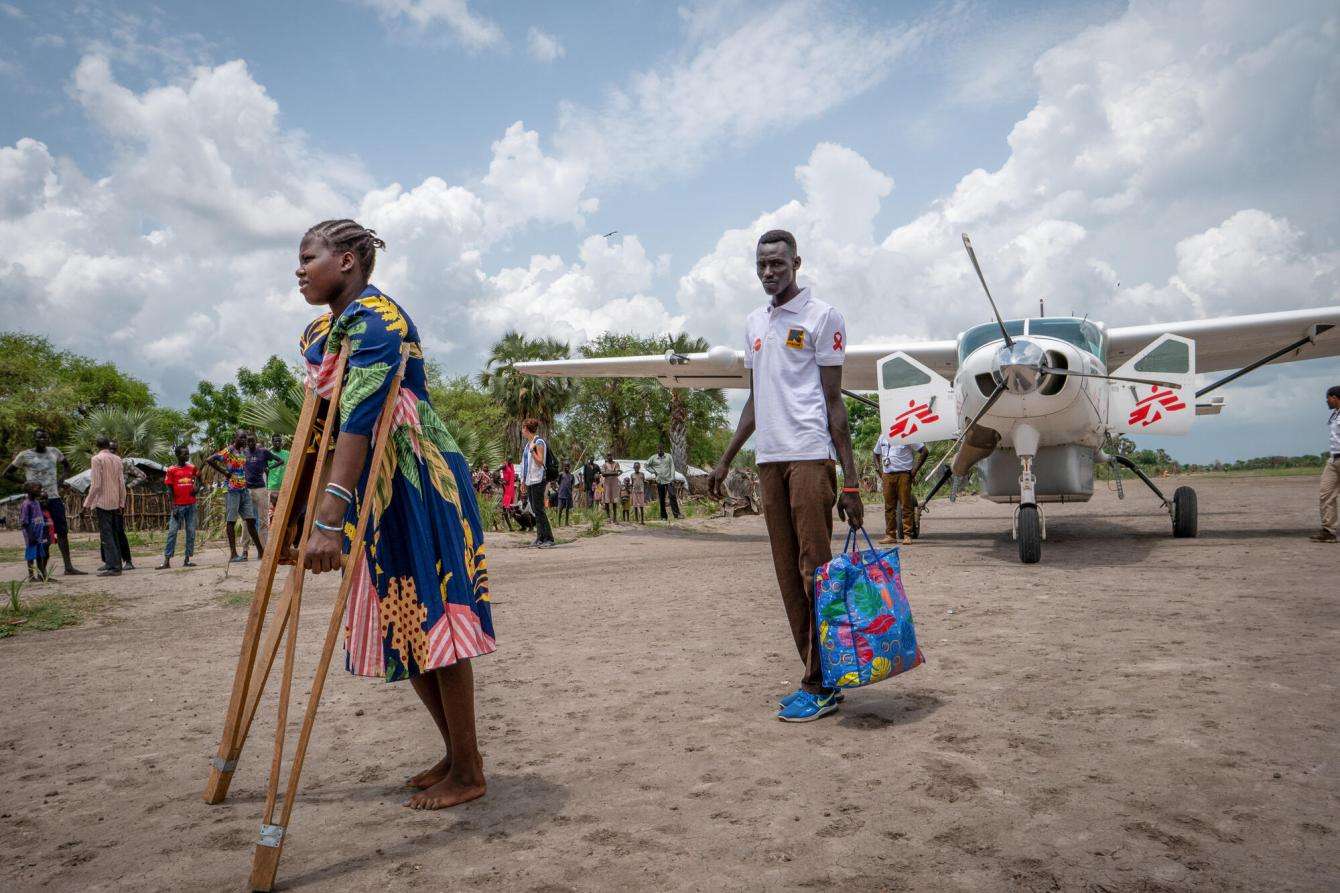
MSF runs some of its biggest programs worldwide here, providing basic and specialized health care and responding to emergencies and outbreaks affecting isolated communities, internally displaced people, and refugees from Sudan. MSF is also calling on armed groups to immediately cease targeting civilians and to guarantee humanitarian access for the delivery of urgent aid.
January 07 10:54 AM
South Sudan: Reaching people displaced by epic floods
Months after massive flooding, more than 800,000 people are still living in terrible conditions
Read More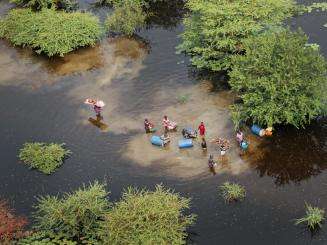
Pakistan: Responding to the effects of catastrophic flooding
In summer 2022, monsoon rains caused devastating flooding across Pakistan, leaving one-third of the country under water. Millions of people lost their homes and were forced to sleep in makeshift shelters without access to clean drinking water or health care. Many health structures were left damaged and nonfunctional.
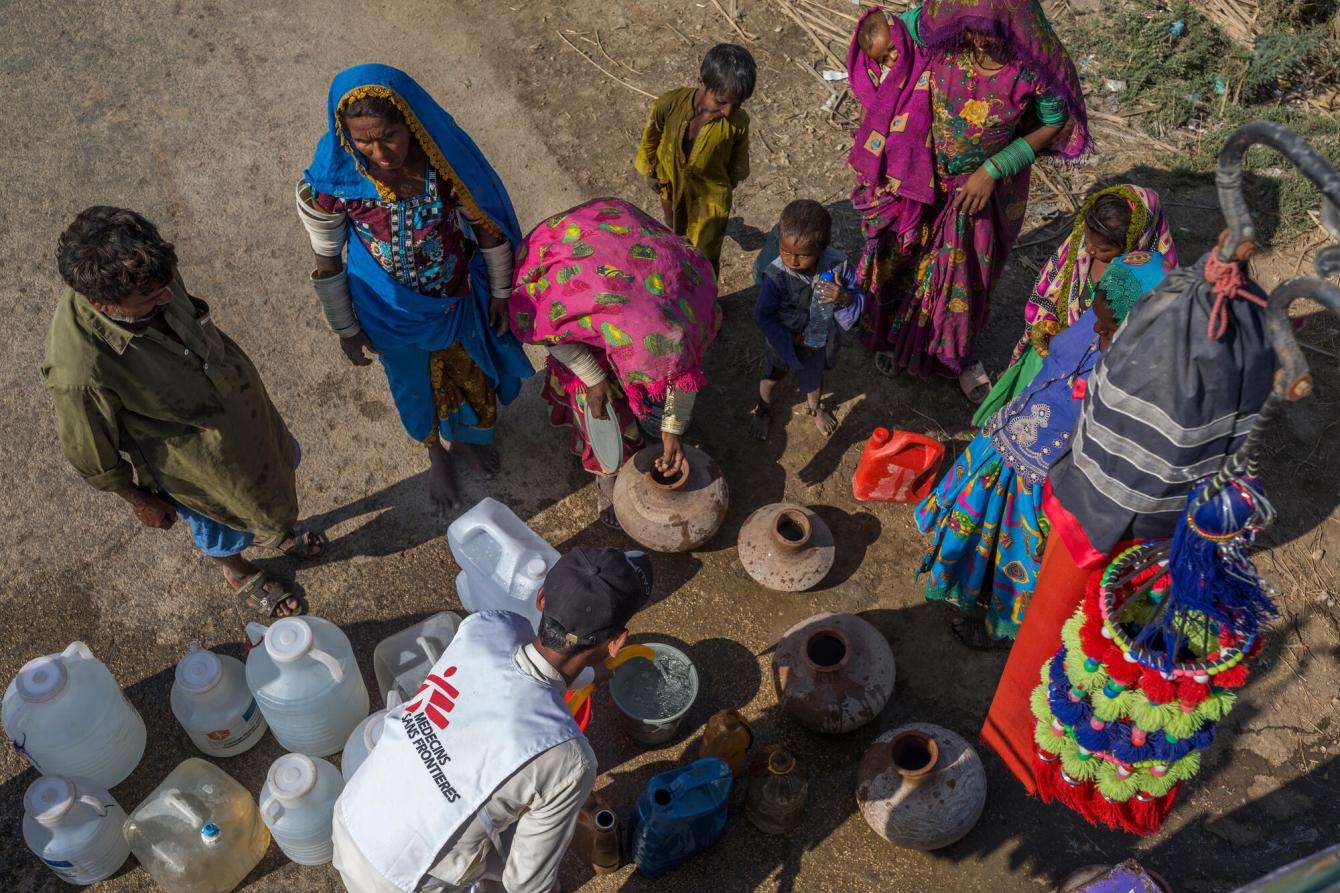
MSF has been providing medical humanitarian aid in Pakistan since 1986, including health care for women, children, and newborns. Our teams responded quickly to the floods, distributing emergency supplies and safe water, providing medical care for health issues related to the disaster and keeping existing projects running.
August 31 10:29 AM
Pakistan floods: MSF provides help in some of the areas hardest hit
More humanitarian aid needed to respond to massive emergency.
Read More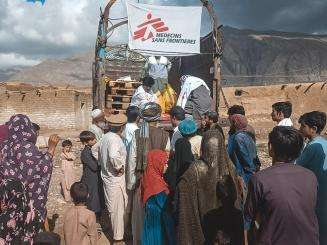
Central African Republic: The Consequences of Conflict
People in Central African Republic (CAR) continue to face one of the world’s most critical situations in terms of maternal mortality, malnutrition, and lack of access to health care. Life expectancy is the lowest in the world, and in some regions of the country, MSF facilities are the only health care option. Our teams provide general and emergency care; trauma surgery; maternal and pediatric services; assistance to survivors of sexual and gender-based violence; and treatment for malaria, HIV, and tuberculosis.
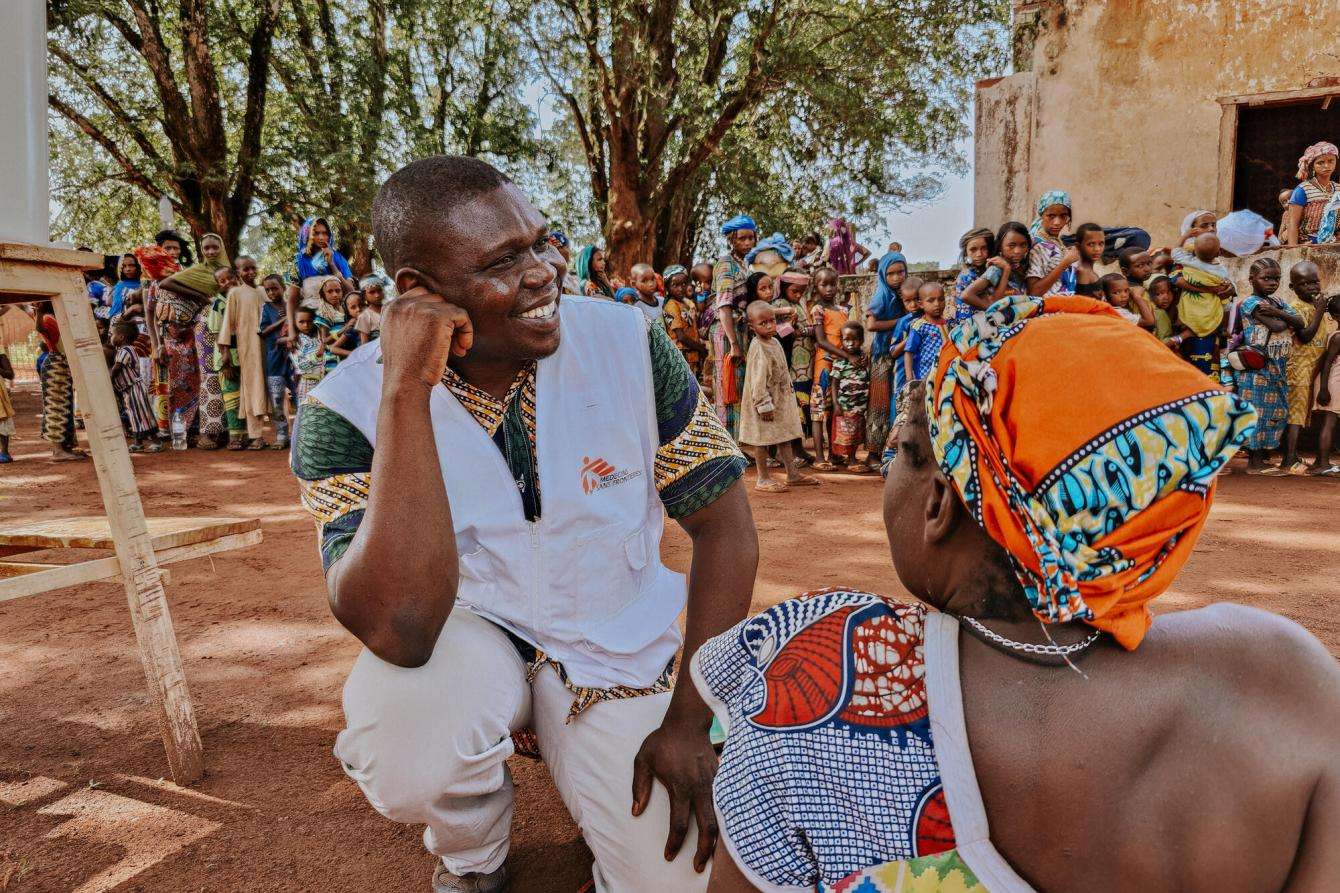
In early 2022, violence near the town of Ippy displaced thousands of people to a camp with miserable conditions. MSF installed water points there to increase access to drinking water from 1.6 liters per person per day to 15 liters. Over two months, nearly 400 children were treated for malaria. MSF also launched a vaccination campaign to prevent measles, polio, yellow fever, meningitis, and tuberculosis for nearly 20,000 children under the age of 10, and 9,000 pregnant women.
May 31 10:49 AM
Violence and displacement in Ippy show the ongoing humanitarian needs in CAR
Read More
How you can help
Not everyone can treat patients in the field. But everyone can do something.
Some humanitarian crises make the headlines—others don’t. Unrestricted support from our donors allows us to mobilize quickly and efficiently to provide lifesaving medical care to the people who need it most, whether those needs are in the spotlight or not. And your donation is 100 percent tax-deductible.
